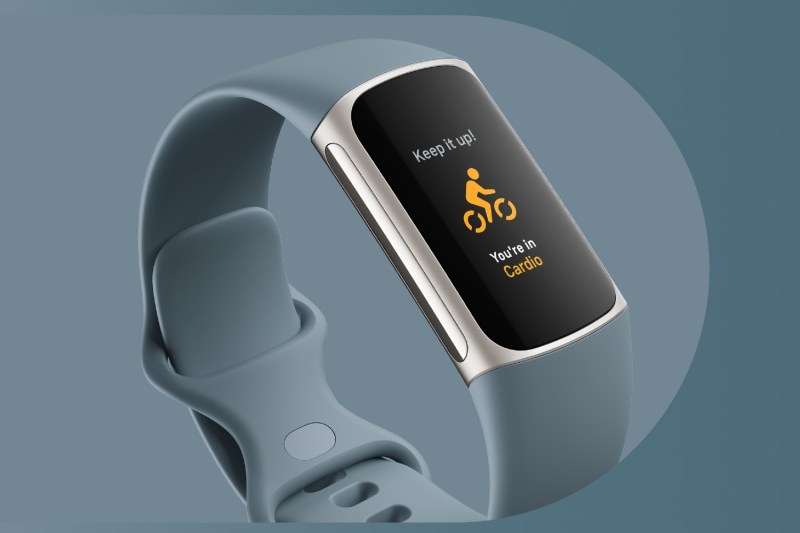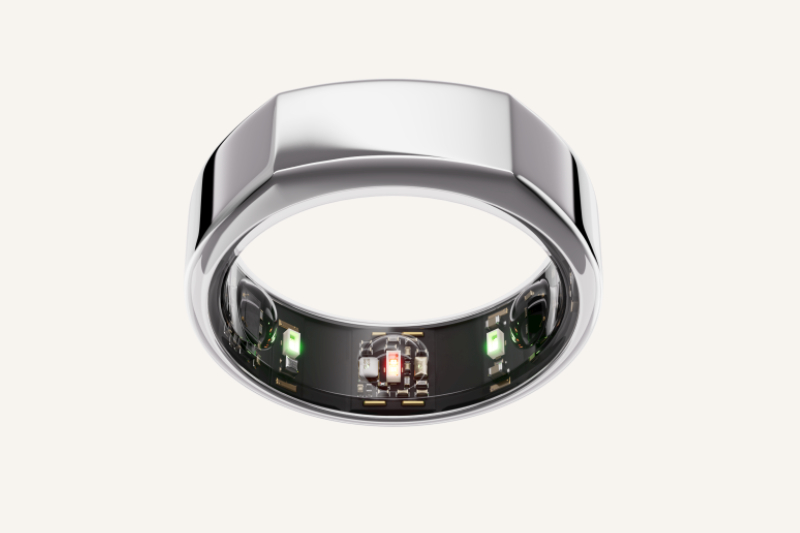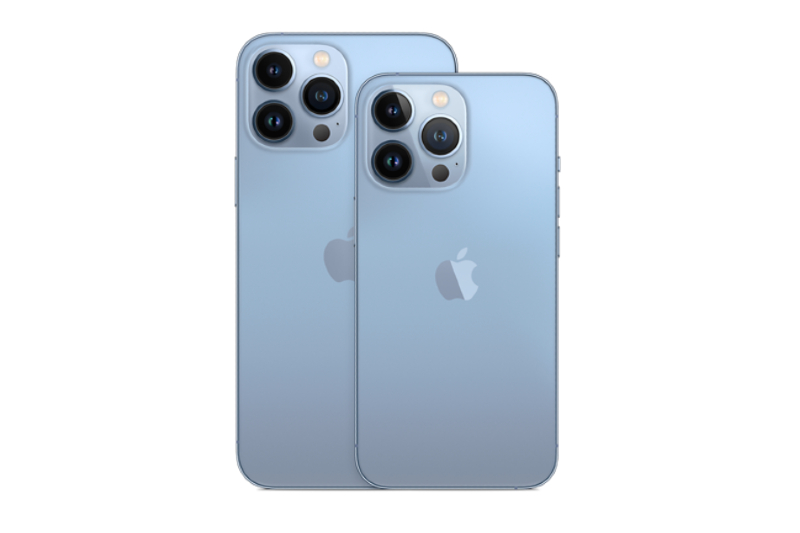Stat that. Stats make the world go round and the only true way to measure progress over a period of time. Today they are as equally as important in the success of a business as they are in the success of human performance. Until now, stats only used to be used by elite professional athletes. Now having access to them is as prominent as it is prevalent, like the smartphones we all own.
This is where fitness bands and trackers come into play. Fitness trackers are wearable technology that enables you to measure a plethora of data to help improve overall health. With its recent entry into everyday people’s lives, it makes you wonder where it all started — the answer goes further back than you think.

Fitness Trackers Then
The evolution of fitness technology doesn’t just go back decades, but centuries. Leonardo da Vinci once envisioned a device that would measure one’s steps with military applications. Its first recorded description was in France in the 1670s, then again in the 1780s in Switzerland, and finally, in the U..S by Thomas Jefferson, when he introduced the mechanical pedometer.
Fast forward to the 1960s where Dr. Iwao Ohya, head of one of Tokyo’s biggest clinics, told engineer Juri Kato that he was worried about the lack of exercise in most individuals. Together they created a wearable pedometer and so came to be the general, golden rule of 10,000 steps per day.
Fitness Trackers Today
The improvements throughout the decades in regards to wearable technology has been incredible. Today, it is as common as the smartwatch, as every smartwatch nowadays doubles as a fitness tracker. They can track and record data from calories burned, heart rate, sleep and sleep quality, to being able to remind you to breathe — its progress is truly revolutionary. But, with so many options on the market, it’s hard to know where to start.
Types of Fitness Trackers
There are numerous fitness trackers available on the market today. Some keep it simple and give you just enough data to be relevant. While others prefer the ability to customize and truly make it yours. Here are some of the different types you’ll find while searching online.
- Standard Fitness Trackers
- Jewelry Fitness Trackers
- Unlikely Fitness Trackers
- Smart-tech Fitness Trackers
- Community-based Fitness Trackers
Best Standard & Overall Fitness Tracker: Fitbit Charge
The OG of fitness trackers, the Fitbit revolutionized tracking stats and has come a long way since it first arrived on the scene in 2007 — they set the standard of 10,000 steps per day. Today’s Fitbit Charge 5 is once again setting the gold standard in
Best Jewelry Fitness Tracker: Oura Ring Generation 3

In order to be as healthy as we possibly can be, recovery and sleep need to be at the forefront. Watches and phones can all track sleep but can be troublesome and uncomfortable to actually use while sleeping. Enter the Oura ring. The first ring-based fitness tracker, its main goal is to collect and analyze data from sleep. Oura tracks your deep sleep, REM sleep, light sleep, nightly heart rate, bedtime schedule, and more to give you the best feedback for your best night’s sleep ever.
Best Unlikely Tracker: Smart Phone (iPhone 13)

Most people forget that our smartphones can double as fitness trackers, too. The kicker? We all have one already. Take the iPhone for example. With pre-programmed apps like Health, you can measure activity and steps, to sleep quality. Then there are thousands of apps on the App Store all geared towards health and wellness. iPhone
Best Smart Fitness Tracker: Apple Watch Series
Since its first release back in 2015 with its first-generation model, Apple has been at the forefront of technology that has been setting the standard of smart fitness trackers. The latest release, the Apple Watch Series 7, is no different. It has faster charging, larger screen, more durable, and more customizations. It’s water-resistant, takes ECG’s and has blood-oxygen monitoring. The real question is, what can’t it do?
Best Community Based Fitness Tracker: Myzone MZ-Switch
Myzone fitness trackers monitor calories and heart rate with a twist. The Myzone tracker has an online social platform that shows and rewards effort during your workouts. Myzone has an online community that brings the social network factor into play, allowing you to compete against people from across the world. Myzone also displays effort using color-coded zones to see how hard you are pushing yourself during workouts.






